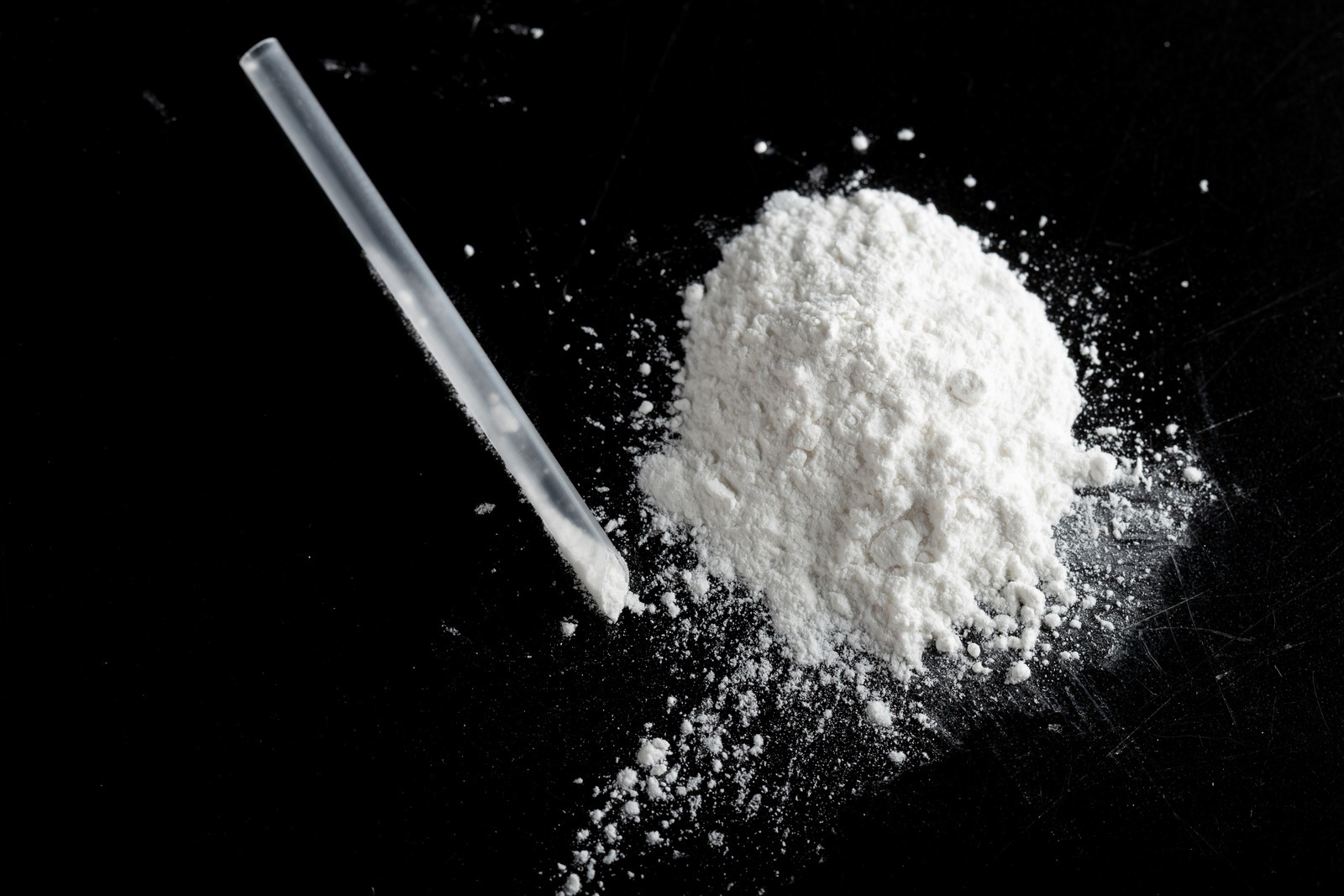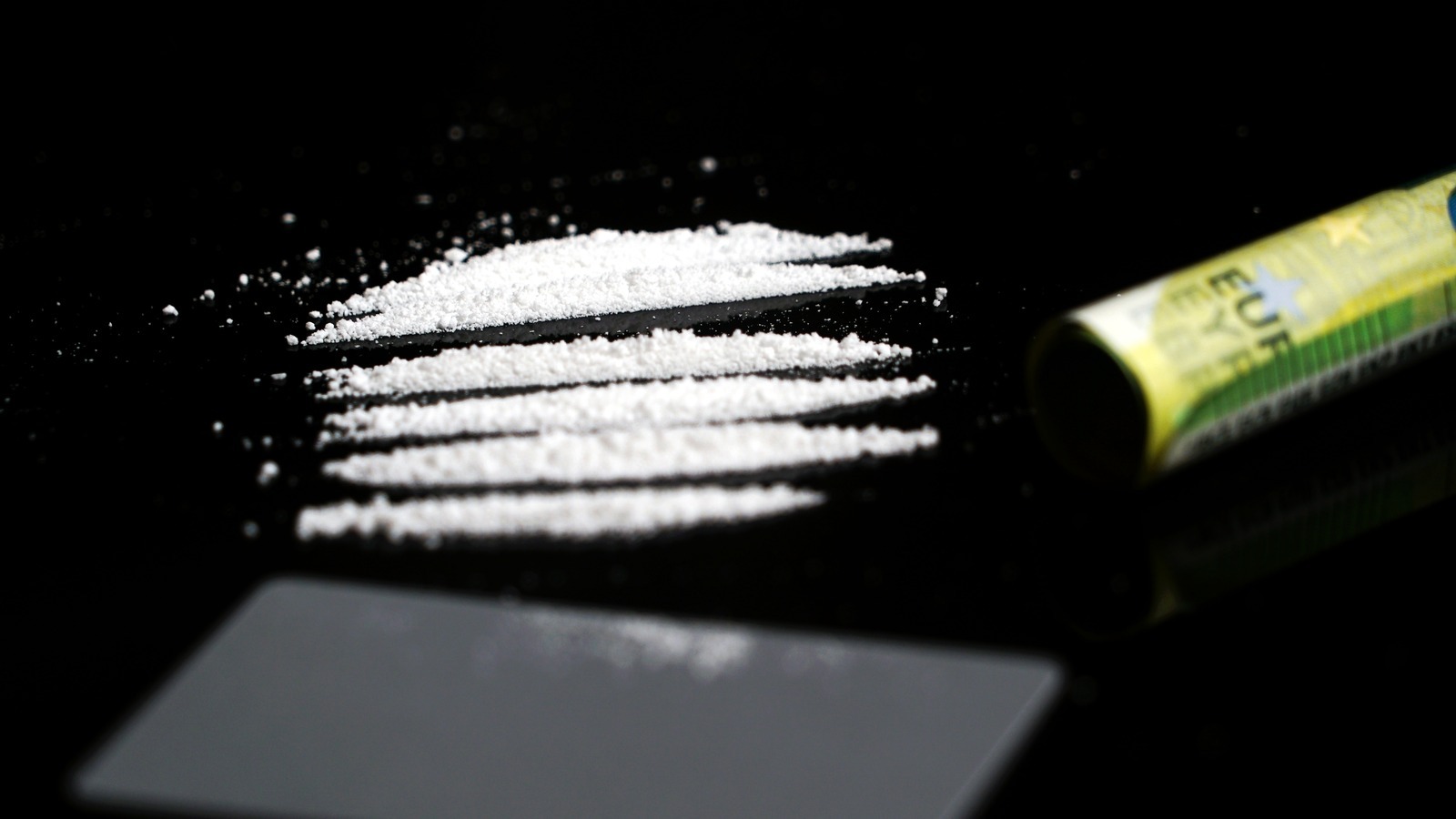Cocaine Elimination Times: How Long Does Cocaine Stay in Your System?

- Various factors, including metabolism, frequency of use, and individual physiology, influence the duration of cocaine in the body.
- Cocaine can be detected through different types of drug tests, including urine, blood, saliva, and hair follicle tests.
- Individuals who use cocaine heavily or frequently are likely to have a longer detection window compared to occasional users.
- It’s critical to consult with a healthcare professional about any attempted cocaine or substance-based detoxification strategies. They can help you ensure that the methods used are safe, appropriate, and effective for your circumstances.
Cocaine, a powerful stimulant drug and Schedule II substance under the Controlled Substances Act (signifying high potential for abuse), affects the body’s central nervous system (CNS).[1] It can lead to increased energy, alertness, and euphoria—and also carry severe health risks, potential for addiction, and legal repercussions.
Understanding the duration of cocaine in the system can be important for several reasons, including drug testing and potential health implications. By exploring the factors influencing cocaine metabolism and elimination, individuals can make informed decisions regarding cocaine use and the effects of cocaine on their overall health.
How Long Does Cocaine Stay in Your System?
Various factors, including metabolism, frequency of use, and individual physiology, influence the duration of cocaine in the body. Generally, it can be detected in urine for up to 2-3 days, in blood for up to 12 hours, in saliva for up to 1-2 days, and in hair follicles for up to 90 days.[2]
Cocaine can be detected through different types of drug tests, including urine, blood, saliva, and hair follicle tests. Each test has its own detection window, ranging from a few hours to several days or even months, depending on factors such as the amount and frequency of cocaine use.
Cocaine Metabolism and Elimination
Cocaine goes through a series of changes in our body before it’s removed. When a person takes cocaine, the liver breaks it down into different forms, the main two of which are benzoylecgonine and ecgonine methyl ester.[3]
- Benzoylecgonine: The most common metabolite form found in urine tests. Benzoylecgonine is flushed naturally through the kidneys.
- Ecgonine Methyl Ester: Another product of cocaine breakdown, it gets bundled with other substances and is sent out of our bodies through urine.
How fast cocaine leaves the body can vary. Factors like liver function, kidney function, and how often a person uses cocaine can all impact the speed.
Detection Windows for Different Drug Tests
- Cocaine in Urine: Urine tests can typically detect cocaine within 2 to 3 days after last use, although heavy or chronic use may extend this window to up to 10 days.[4] Several factors can influence the results of urine tests for cocaine, including hydration levels, kidney function, metabolism rate, and the purity of the cocaine consumed.
- Cocaine in Blood: Cocaine can typically be detected in the blood for up to 12 hours after last use. However, this detection window may vary depending on factors such as the amount and frequency of cocaine use, as well as individual metabolism rates. The frequency and amount of cocaine use can significantly impact the results of blood tests. Heavy or frequent cocaine use may prolong the detection window in the bloodstream.
- Cocaine in Saliva: Saliva tests offer a non-invasive method for detecting recent cocaine use. These tests are commonly used in roadside screenings and workplace drug testing programs and can detect cocaine within 24 to 48 hours after last use. However, the accuracy of these tests may be influenced by factors such as oral hygiene, the presence of other substances, and the sensitivity of the testing method.
- Cocaine in Hair: Hair follicle testing involves analyzing a sample of hair for the presence of cocaine metabolites, offering a long-term detection method for drug use. These tests can detect cocaine use for up to 90 days or even longer after last use, making them ideal for assessing long-term drug use patterns.
Despite their effectiveness in detecting long-term drug use, hair follicle tests are not immune to external contamination or false positives. Proper sample collection and testing procedures are essential to ensure accurate results.
Individual Factors Affecting Cocaine Detection Time
Individual factors can significantly affect the detection time of cocaine in drug tests.[5] Individuals who use cocaine heavily or frequently are likely to have a longer detection window compared to occasional users. This is because the body takes more time to metabolize and eliminate higher doses of cocaine or when cocaine use is frequent.
Metabolic rate and overall health also influence cocaine detection time. Individuals with a faster metabolic rate tend to process and eliminate cocaine more rapidly, resulting in a shorter detection window. Conversely, those with slower metabolism may retain cocaine in their systems for a longer period, leading to an extended detection time.
From there, factors such as liver and kidney function, hydration levels, and overall physiological condition can also affect the body’s ability to metabolize and eliminate cocaine.
The presence of other substances in the body can potentially impact the results of cocaine drug tests as well. Some substances may interact with cocaine metabolites, affecting their detection or altering the body’s metabolism of cocaine. It’s crucial for individuals undergoing drug testing to disclose any medications they are taking or underlying health conditions to ensure accurate interpretation of test results.
Tips for Accelerating Cocaine Elimination
For those seeking to accelerate the natural elimination of cocaine from their bodies, several strategies can be beneficial:
- Staying hydrated and maintaining a healthy lifestyle: Adequate hydration supports the body’s natural detoxification processes, including the elimination of drugs like cocaine. Drinking plenty of water can help flush toxins and promote overall health. Additionally, regular exercise, eating a balanced diet rich in fruits, vegetables, and lean proteins, and getting enough sleep can support the body’s detoxification efforts.
- Seeking professional guidance for detoxification: Individuals struggling with cocaine use should seek professional guidance for detoxification. Medical professionals, such as doctors or addiction specialists, can provide personalized treatment plans tailored to the individual’s needs. These may include medications to manage withdrawal symptoms, therapy to address underlying issues contributing to substance abuse, and support groups to promote long-term recovery.
- Understanding the limitations of home remedies and detox products: While many purported home remedies and detox products are marketed for drug detoxification, their effectiveness is often unproven and may even be harmful as withdrawal symptoms can sometimes be severe. It’s essential to approach detoxification cautiously, particularly when considering over-the-counter detox products or DIY detox methods. These products may not be regulated or backed by scientific evidence, and relying on them alone may delay or hinder detoxification.
Your safety is always the most important thing—so it’s critical to consult with a healthcare professional about any attempted cocaine or substance-based detoxification strategies. They can help you ensure that the methods used are safe, appropriate, and effective for your circumstances.
Navigating Employment and Legal Implications
Navigating employment and legal implications regarding drug testing involves understanding several key factors:
- The significance of drug testing in professional and legal contexts: Drug testing can occur in various professional settings, including pre-employment screening, random testing during employment, and testing following workplace accidents or suspected drug use. Drug testing may also be mandated in legal contexts, such as criminal proceedings or probation requirements. Employers and legal authorities often implement drug testing policies to promote workplace safety, ensure compliance with laws and regulations, and deter drug abuse.
- Understanding the potential consequences of positive drug test results: A positive drug test result can have significant professional and legal consequences. In the workplace, it may lead to disciplinary action, including termination of employment, suspension, or mandatory participation in a rehabilitation program. In legal contexts, positive drug test results can result in probation violations, loss of driving privileges, fines, or imprisonment, depending on the severity of the offense and applicable laws.
- Legal rights and considerations when facing drug testing: Individuals must remember certain legal rights and considerations. These rights may vary depending on the jurisdiction, the nature of the testing (e.g., pre-employment, random, or post-accident), and the individual’s employment status (e.g., union membership or contractual agreements). Common legal considerations include the right to privacy, the requirement for informed consent, the accuracy and reliability of testing methods, and potential legal remedies in case of wrongful testing practices or unjust consequences.
Prioritizing Your Health
Understanding how long cocaine stays in the system is crucial for individuals navigating drug testing scenarios and to better manage their health. One clear takeaway emerges throughout the discussion: seeking professional advice is paramount.
Whether it’s understanding drug testing procedures, knowing legal rights and considerations, or seeking guidance for cocaine addiction, detox, and rehab, professionals such as doctors, lawyers, and addiction specialists can provide accurate information and personalized support.
Moreover, individuals need to recognize the potential consequences of cocaine use on their health and well-being. Positive drug test results can have far-reaching effects, impacting employment, legal standing, and personal relationships. By acknowledging these potential consequences, individuals can make informed decisions about their substance use and take proactive steps towards healthier choices.
When navigating evidence-based cocaine addiction treatment, you will have the opportunity to prioritize mental health and seek support when needed. This is a focused and safe space to work toward long-term well-being and recovery.
Frequently Asked Questions
Are you or a loved one struggling with Cocaine addiction?

